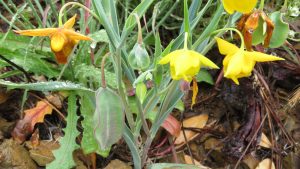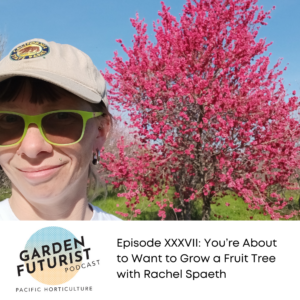

Contributor
- Topics: Archive, Plants You Need, Sustainable Gardening
Lawson cypress (Chamaecyparis lawsoniana). Photograph courtesy of the Helen Crocker Russell Library
Some botanists have placed Chamaecyparis lawsoniana within the genus Cupressus, relegating the name Chamaecyparis to the rank of subgenus. For the horticulturist, however, its flat sprays of foliage and smaller cones (with fewer seeds per scale) are sufficient to distinguish Lawson cypress from those trees in the genus Cupressus, and we have chosen to retain the use of Chamaecyparis here.
Chamaecyparis lawsoniana is one of the most important conifers in ornamental horticulture. Lawson cypress or Port Orford cedar, as it is known in its native range and by foresters, is restricted in nature to a narrow strip of the Oregon-California coast and to the mountains of northern California. It was once an important timber tree for the region. Old growth stands were scattered in small groves, the trees potentially growing for 500 years and reaching a height of around 220 feet (70 meters). Its wood is light, hard, strong, and easily worked; the high quality lumber was once used extensively in shipbuilding and for the inte...
READ THE WHOLE STORY
Join now to access new headline articles, archives back to 1977, and so much more.
Enjoy this article for FREE:
Articles: Calochortophilia: A Californian’s Love Affair with a Genus by Katherine Renz
If you are already a member, please log in using the form below.
Share:
Social Media
Garden Futurist Podcast
Most Popular
Videos
Topics
Related Posts
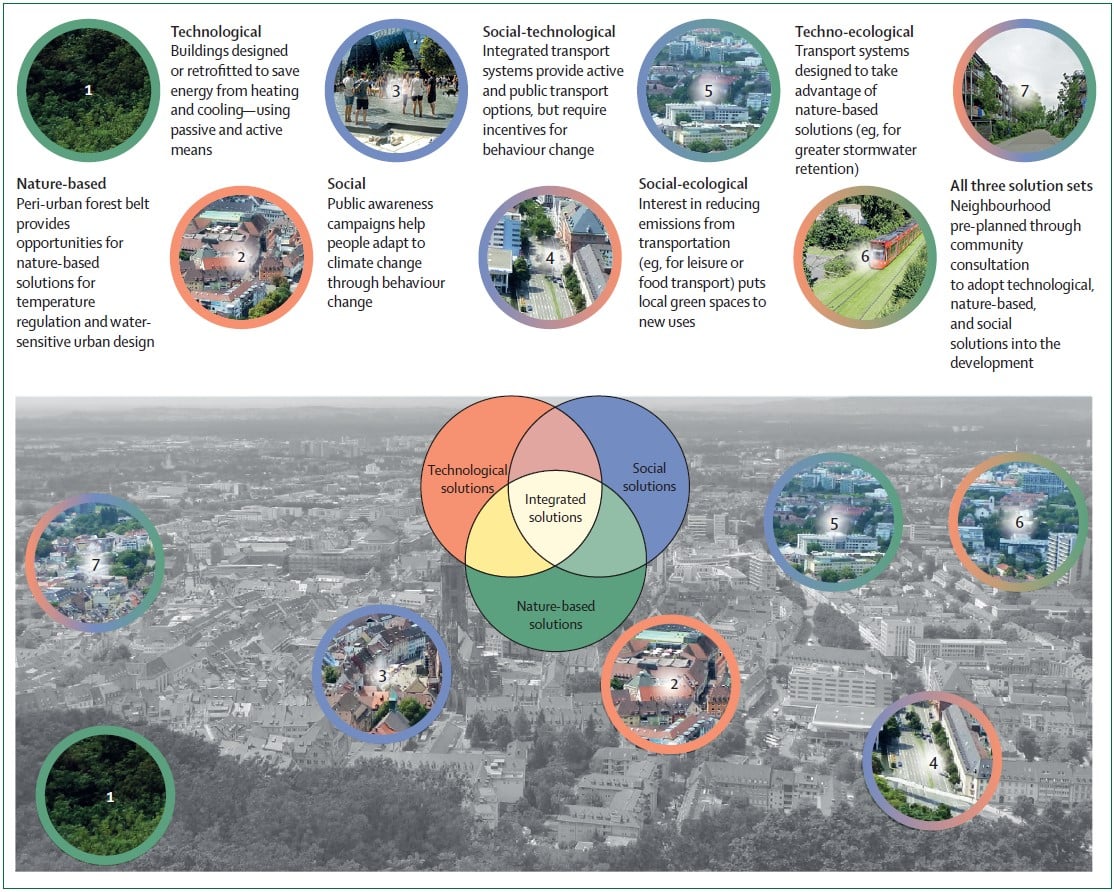
Ground Up Science for Greener Cities with Garden Futurist Dr. Alessandro Ossola
Spring 2023 Listen to the Podcast here. Alessandro Ossola is a scientist who gets very excited about the challenge of climate change allowing for an
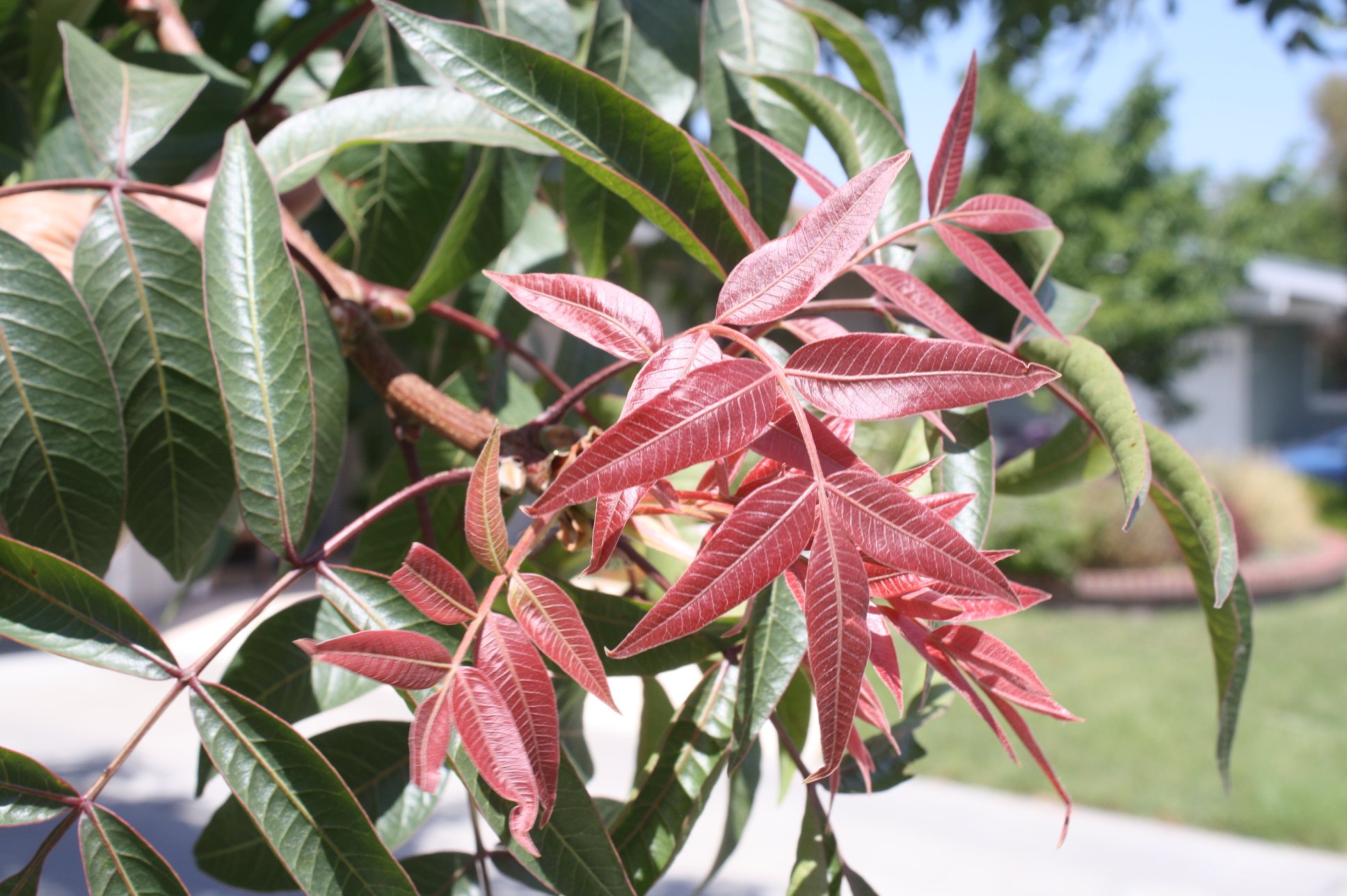
Readying Urban Forests for Climate Realities with Garden Futurist Dr. Greg McPherson
Winter 2023 Listen to the Podcast here. “Going from the mow and blow to a more horticulturally knowledgeable approach to maintaining the landscape. And that
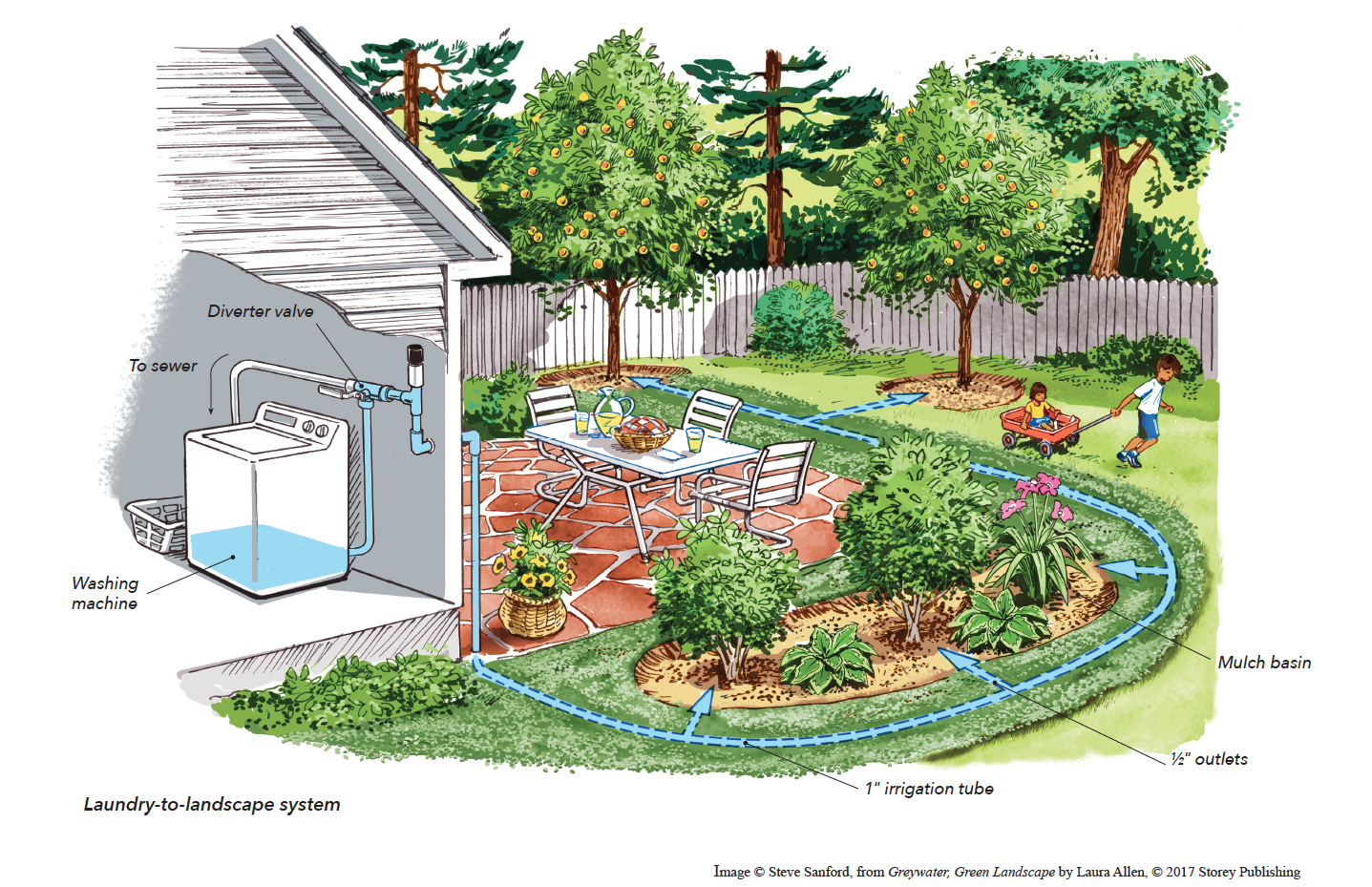
Welcome, Greywater, to the Garden
Summer 2022 Oh, summer: delightful warm air, tomatoes swelling on the vine, fragrant blooms on an evening stroll. When it’s warm and rainless, how is
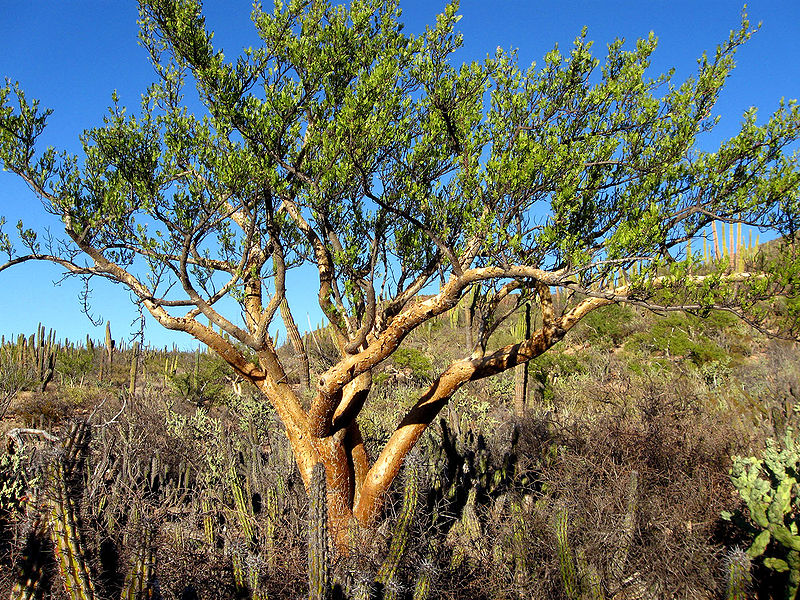
Big Tree-Data and Big-Tree Data with Garden Futurist Matt Ritter
Summer 2022 Listen to the full Garden Futurist: Episode XV podcast here. We are in an environmental crisis right now in many parts of California

